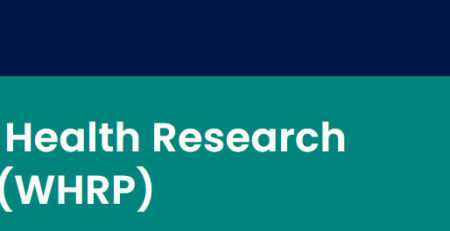Highlighting the often forgotten fourth trimester
What is the fourth trimester? The fourth trimester is a way of describing the 12-week period immediately after you’ve had your baby. Every mother and their newborn baby will go through this, but not everyone recognises it. It is a time of great physical and emotional change as your baby adjusts to being outside the womb and you adjust to your new life as a mum.
Back in May, at the height of the first lockdown, I gave birth to my second daughter.
I was lucky to be able to go ahead with my planned caesarean section, but it was not the experience I had expected when I found out I was pregnant, back before we had ever heard terms like COVID, lockdown and furlough.
However, I look back at the surreal experience with a fondness and gratitude that I had not expected. I was luckier than some, as I had all my scans before COVID so my husband could join me for them. He was also allowed to stay with me during and immediately after the birth, but had to go home when I went to the postnatal ward. I then spent the next two nights on my own with my newborn daughter. The midwives were fantastic at looking after me and helping me when needed. Amazingly, my consultant even came to visit me at midnight to check I was ok! Despite being very nervous of being on my own with her, it was actually a wonderful opportunity to bond with my daughter, without any interruptions or visitors.
My own post-natal experience was good, but this isn’t the case for everyone. You are often in a sleep-deprived bubble of nappies, milk, crying and struggling to see the light at the end of the tunnel.
Even before COVID the postnatal period could be a daunting time for many. Feelings of loneliness or isolation are common and it is often difficult to know where to turn.
This is an often-forgotten period, but it is just as important as pregnancy itself. Although the “fourth trimester” is not a scientific term, it is an extension of pregnancy and a time of significant changes to a mother’s body, some of which can be unexpected.
“I have always felt there are a lot of resources and information available for antenatal health, but much less for the postnatal period. I am really pleased that since April 2020 it has been mandatory for all women have a postnatal check by their GP, however I feel there is often not enough time in these appointments to cover everything in the detail it deserves.”
Giving birth is a life changing event, even more so in the midst of a pandemic. As a GP and mother I want to help raise awareness of the fourth trimester and support other mothers during their postnatal journey. Writing an informative guide to help GPs support new mothers seemed like the most sensible approach – it could include everything I wanted to share that a 10 minute appointment could not allow.
“I was thrilled when the FPA agreed with me and recognised that there was a lack of accurate postnatal information and invited me to write a leaflet for them to try and address this problem.”
My aim is that this can be the start of highlighting postnatal health and wellbeing.
If I can aid fellow GPs in supporting women during their postnatal period by providing accurate information and a signpost to resources for guidance and help, then it’s a start in filling the information gap that currently exists.






